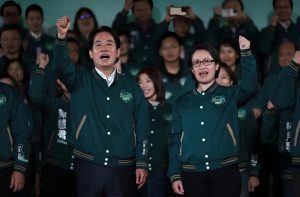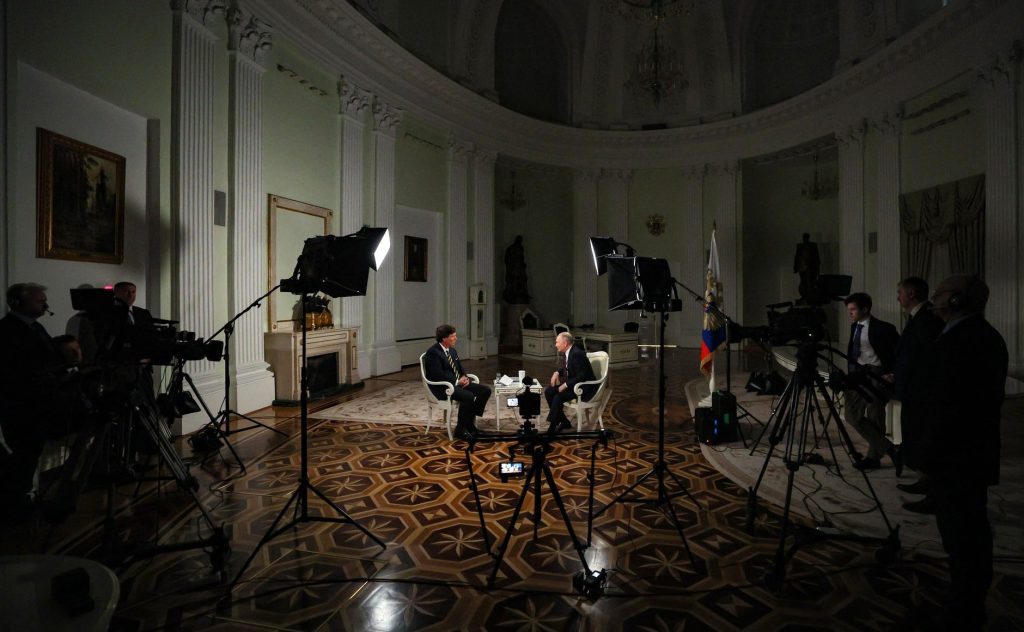








Putin shares insights on Ukraine War’s future, deepening cooperation with China, and economic dynamics with the West in an interview with Tucker Carlson.


Welcome back to China Brief, where we take a look at the intricate geopolitical landscape shaped by major powers. Today, we delve into President Putin’s recent revelations in an interview with Tucker Carlson. He touched upon the ongoing Ukraine conflict, the evolving Sino-Russian partnership, and the complex web of economic interdependencies. Putin’s candid discussion highlights the strategic maneuvers on the global chessboard, especially regarding China’s economic ascendancy and its implications for Western economies.
In a recent interview, which he gave to an American journalist, Tucker Carlson, President Putin talked in great length about the current Ukraine war and plausible conditions to end it. In the same interview, he also talked about the role of China and his friendship with President Xi of China, which helps us understand the larger Sino-Russian cooperation amid the changing balance of power.
Highlighting the current economic might of China, he said, “The West is afraid of strong China more than it fears a strong Russia. As Bismarck once put it, potentials are the most important. China’s potential is enormous. It is the biggest economy in the world today in terms of purchasing power parity.” As per China’s National Bureau of Statistics, its GDP rose 5.2% in 2023 and is constantly increasing from the last few years, despite economic shocks during the COVID years.
In a way, what separates China from the erstwhile USSR is its economic might and economic interdependence with other western economies, due to which, in any case, sanctioning China in the future can be detrimental to the growth of the West as well.
Further, drawing on Europe’s close economic cooperation with China, President Putin said, “China’s cooperation with Europe is growing higher and greater than that of the growth of Chinese-Russian cooperation. If you ask Europeans, aren’t they afraid? They might be. I don’t know. But they are still trying to access China’s market at all costs, especially now that they are facing economic problems.”
Warning against the plausible conflict between the west and China, he stressed that it is necessary for the west to continue chiselling Russia, to try to break it up, to create on this territory several quasi-state entities, to subdue them in a divided form, and to use their combined potential for the future struggle with China.
Amid increasing security dilemmas in the Indo-Pacific, the Russia-China friendship without limits is something that makes the collective west paranoid about the future of the western liberal international order. Sino-Russian cooperation is perhaps all-time high, and it will be interesting to see how such cooperation plays out in any eventuality in the South China Sea, where China continues to coerce its territorial and maritime claims.
Written By: GABRIEL RAMIREZ
Written By: DILARA SAHIN
Written By: DILRUBA YILMAZ
Written By: NILAY CELIK
Written By: ELDANIZ GUSSEINOV
Written By: JOSEF SCHOEFL
Written By: SELCAN BEDIRHANOGLU
Written By: FATIH CEYLAN
FA’s flagship evening newsletter guilding you through the most important world streis ofthe day. Delivered weekdays.